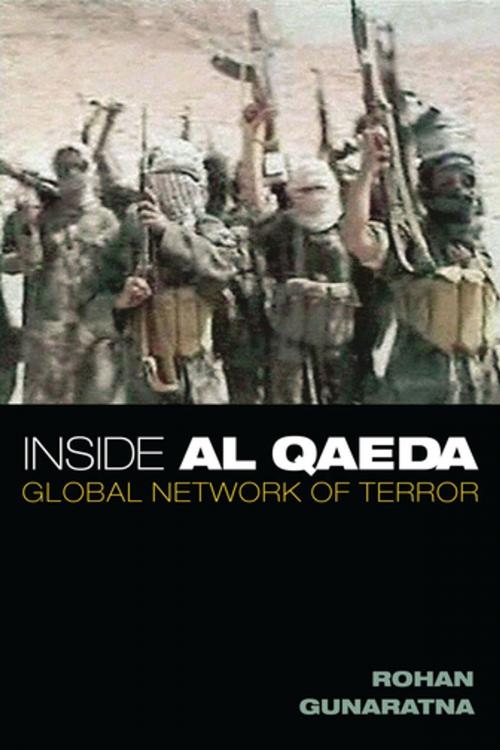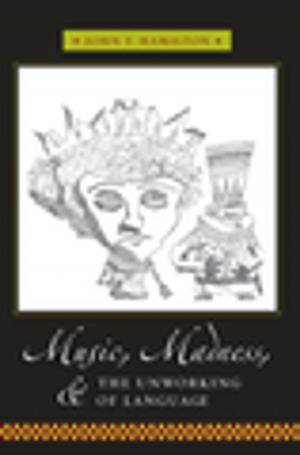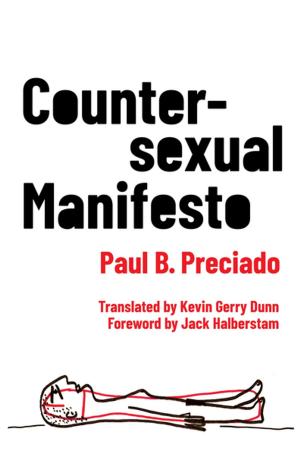Inside Al Qaeda
Global Network of Terror
Nonfiction, Reference & Language, Law, Criminal law, History, Middle East, Social & Cultural Studies, Political Science| Author: | Rohan Gunaratna | ISBN: | 9780231501828 |
| Publisher: | Columbia University Press | Publication: | June 27, 2002 |
| Imprint: | Columbia University Press | Language: | English |
| Author: | Rohan Gunaratna |
| ISBN: | 9780231501828 |
| Publisher: | Columbia University Press |
| Publication: | June 27, 2002 |
| Imprint: | Columbia University Press |
| Language: | English |
Inside Al Qaeda examines the leadership, ideology, structure, strategies, and tactics of the most violent politico-religious organization the world has ever seen. The definitive work on Al Qaeda, this book is based on five years of research, including extensive interviews with its members; field research in Al Qaeda-supported conflict zones in Central, South and Southeast Asia and the Middle East; and monitoring Al Qaeda infiltration of diaspora and migrant communities in North America and Europe.
Although founded in 1988, Al Qaeda merged with and still works with several other extremist groups. Hence Al Qaeda rank and file draw on nearly three decades of terrorist expertise. Moreover, it inherited a full-fledged training and operational infrastructure funded by the United States, European, Saudi Arabian and other governments for use in the anti-Soviet Jihad.
This book sheds light on Al Qaeda's financial infrastructure and how they train combat soldiers and vanguard fighters for multiple guerrilla, terrorist and semi-conventional campaigns in the Middle East, Asia, Africa, the Caucuses, and the Balkans. In addition, the author covers the clandestine Al Qaeda operational network in the West.
Gunaratna reveals:
how Osama bin Laden had his mentor and Al Qaeda founder, "Azzam", assassinated in order to take over the organization and that other Al Qaeda officers who stood in his way were murdered,
Al Qaeda's long-range, deep-penetration agent handling system in Western Europe and North America for setting up safe houses, procuring weapons, and conducting operations,
how the O55 Brigade, Al Qaeda's guerrilla organization, integrated into the Taliban,
how the arrest of Zacarias Moussaoui forced Al Qaeda to move forward on September 11,
how a plan to destroy British Parliament on 9/11 and to use nerve gas on the European Union Parliament were thwarted,
how the Iran--Hezbollah--Al Qaeda link provided the knowledge to conduct coordinated, simultaneous attacks on multiple targets, including failed plans to destroy Los Angeles International Airport, the USS Sullivan, the Radisson Hotel in Jordan, and eleven US commercial airliners over the Pacific ocean,
that one-fifth of international Islamic charities and NGOs are infiltrated by Al Qaeda,
how the US response is effective militarily in the short term, but insufficient to counter Al Qaeda's ideology in the long-term.
Finally, to destroy Al Qaeda, Gunaratna shows there needs to be a multipronged, multiagency, and multidimensional response by the international community.
Inside Al Qaeda examines the leadership, ideology, structure, strategies, and tactics of the most violent politico-religious organization the world has ever seen. The definitive work on Al Qaeda, this book is based on five years of research, including extensive interviews with its members; field research in Al Qaeda-supported conflict zones in Central, South and Southeast Asia and the Middle East; and monitoring Al Qaeda infiltration of diaspora and migrant communities in North America and Europe.
Although founded in 1988, Al Qaeda merged with and still works with several other extremist groups. Hence Al Qaeda rank and file draw on nearly three decades of terrorist expertise. Moreover, it inherited a full-fledged training and operational infrastructure funded by the United States, European, Saudi Arabian and other governments for use in the anti-Soviet Jihad.
This book sheds light on Al Qaeda's financial infrastructure and how they train combat soldiers and vanguard fighters for multiple guerrilla, terrorist and semi-conventional campaigns in the Middle East, Asia, Africa, the Caucuses, and the Balkans. In addition, the author covers the clandestine Al Qaeda operational network in the West.
Gunaratna reveals:
how Osama bin Laden had his mentor and Al Qaeda founder, "Azzam", assassinated in order to take over the organization and that other Al Qaeda officers who stood in his way were murdered,
Al Qaeda's long-range, deep-penetration agent handling system in Western Europe and North America for setting up safe houses, procuring weapons, and conducting operations,
how the O55 Brigade, Al Qaeda's guerrilla organization, integrated into the Taliban,
how the arrest of Zacarias Moussaoui forced Al Qaeda to move forward on September 11,
how a plan to destroy British Parliament on 9/11 and to use nerve gas on the European Union Parliament were thwarted,
how the Iran--Hezbollah--Al Qaeda link provided the knowledge to conduct coordinated, simultaneous attacks on multiple targets, including failed plans to destroy Los Angeles International Airport, the USS Sullivan, the Radisson Hotel in Jordan, and eleven US commercial airliners over the Pacific ocean,
that one-fifth of international Islamic charities and NGOs are infiltrated by Al Qaeda,
how the US response is effective militarily in the short term, but insufficient to counter Al Qaeda's ideology in the long-term.
Finally, to destroy Al Qaeda, Gunaratna shows there needs to be a multipronged, multiagency, and multidimensional response by the international community.















